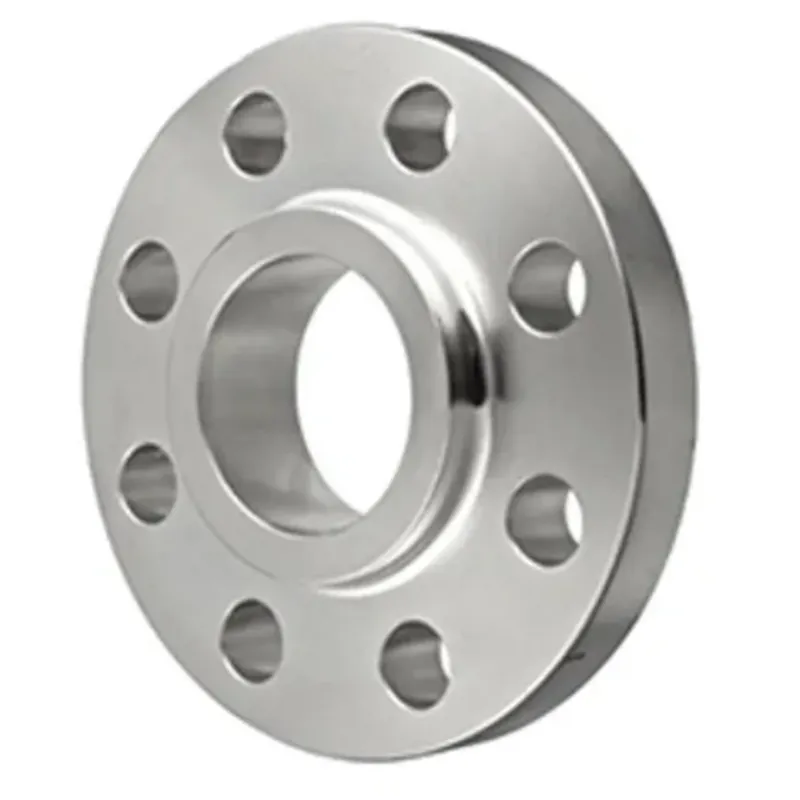-
Cangzhou Yulong Steel Co., Ltd.
-
Phone:
+86 13303177267 -
Email:
admin@ylsteelfittings.com
- English
- Arabic
- Italian
- Spanish
- Portuguese
- German
- kazakh
- Persian
- Greek
- French
- Russian
- Polish
- Thai
- Indonesian
- Vietnamese
- Zulu
- Korean
- Uzbek
- Hindi
- Serbian
- Malay
- Ukrainian
- Gujarati
- Haitian Creole
- hausa
- hawaiian
- Hebrew
- Miao
- Hungarian
- Icelandic
- igbo
- irish
- Japanese
- Javanese
- Kannada
- Khmer
- Rwandese
- Afrikaans
- Albanian
- Amharic
- Armenian
- Azerbaijani
- Basque
- Belarusian
- Bengali
- Bosnian
- Bulgarian
- Catalan
- Cebuano
- China
- China (Taiwan)
- Corsican
- Croatian
- Czech
- Danish
- Esperanto
- Estonian
- Finnish
- Frisian
- Galician
- Georgian
- Kurdish
- Kyrgyz
- Lao
- Latin
- Latvian
- Lithuanian
- Luxembourgish
- Macedonian
- Malgashi
- Malayalam
- Maltese
- Maori
- Marathi
- Mongolian
- Myanmar
- Nepali
- Norwegian
- Norwegian
- Occitan
- Pashto
- Dutch
- Punjabi
- Romanian
- Samoan
- Scottish Gaelic
- Sesotho
- Shona
- Sindhi
- Sinhala
- Slovak
- Slovenian
- Somali
- Sundanese
- Swahili
- Swedish
- Tagalog
- Tajik
- Tamil
- Tatar
- Telugu
- Turkish
- Turkmen
- Urdu
- Uighur
- Welsh
- Bantu
- Yiddish
- Yoruba

Dec . 04, 2024 14:19 Back to list
Exploring the Benefits of Threaded Fittings in Plumbing Applications
Understanding Plumbing Threaded Fittings An Essential Guide
Plumbing systems are the backbone of modern constructions, ensuring clean water delivery and wastewater disposal. Among the various components that make plumbing systems functional, threaded fittings play a pivotal role. These fittings are essential for connecting pipes securely and efficiently, providing a leak-free solution in various applications.
What are Threaded Fittings?
Threaded fittings are plumbing components designed with internal or external threads, enabling them to be screwed onto the ends of pipes or other fittings. This threading mechanism creates a tight seal, which helps prevent leaks and provides a robust connection capable of withstanding pressure and temperature variations.
Types of Threaded Fittings
Threaded fittings come in various shapes and sizes, each serving a unique purpose. Here are some common types
1. Elbows These fittings are used to change the direction of the pipe, typically at 90 or 45 degrees. 2. Tees Shaped like the letter “T”, these fittings connect three pipes, allowing for branching in the plumbing system.
3. Couplings Couplings join two pipes of the same diameter, enabling a straight extension of the piping system.
4. Adapters These fittings are used to connect different types of pipes or threads, accommodating varying sizes and materials.
5. Caps and Plugs Caps cover the end of a pipe, while plugs are inserted into the opening. Both serve to stop the flow of water or provide a temporary seal.
Materials Used in Threaded Fittings
Threaded fittings can be made from a variety of materials, each chosen based on the specific application and required properties
plumbing threaded fittings

- Bronze Known for its corrosion resistance and strength, bronze fittings are commonly used in water supply and heating systems.
- Stainless Steel Offering great durability and resistance to corrosion, stainless steel threaded fittings are ideal for both residential and industrial applications
.- PVC A popular choice for drainage and irrigation systems, PVC threaded fittings are lightweight, resistant to chemicals, and cost-effective.
- Iron Traditionally used in plumbing, cast iron fittings can endure heavy loads and are often used in drainage systems.
Installation and Maintenance
Proper installation of threaded fittings is crucial to ensuring the longevity and functionality of a plumbing system. Here are some guidelines
1. Cleaning the Threads Before connecting fittings, ensure that both the lock and male threads are clean and free from debris to promote an effective seal.
2. Using Thread Sealant Applying a thread sealant or tape can help create a tighter seal and prevent leaks.
3. Tightening Appropriately Fittings should be tightened with a wrench, but care must be taken not to overtighten, which can cause damage to the fittings or the pipe.
4. Regular Inspections Periodically check for signs of leaks or wear and tear. Addressing issues promptly can prevent extensive damage and costly repairs.
Conclusion
Threaded fittings are vital components of plumbing systems, providing secure, leak-free connections between pipes. Understanding the different types of threaded fittings, their materials, and proper installation techniques can significantly impact the efficiency and reliability of plumbing systems. As always, when undertaking plumbing projects, whether DIY or professional, knowledge and attention to detail are key to achieving optimal results. Investing in quality fittings and adhering to best practices ensures a durable plumbing infrastructure, catering to our daily water needs efficiently.
Latest news
-
ANSI 150P SS304 SO FLANGE
NewsFeb.14,2025
-
ASTM A333GR6 STEEL PIPE
NewsJan.20,2025
-
ANSI B16.5 WELDING NECK FLANGE
NewsJan.15,2026
-
ANSI B16.5 SLIP-ON FLANGE
NewsApr.19,2024
-
SABS 1123 FLANGE
NewsJan.15,2025
-
DIN86044 PLATE FLANGE
NewsApr.19,2024
-
DIN2527 BLIND FLANGE
NewsApr.12,2024
-
JIS B2311 Butt-Welding Fittings LR/SR 45°/90° /180°Seamless/Weld
NewsApr.23,2024











